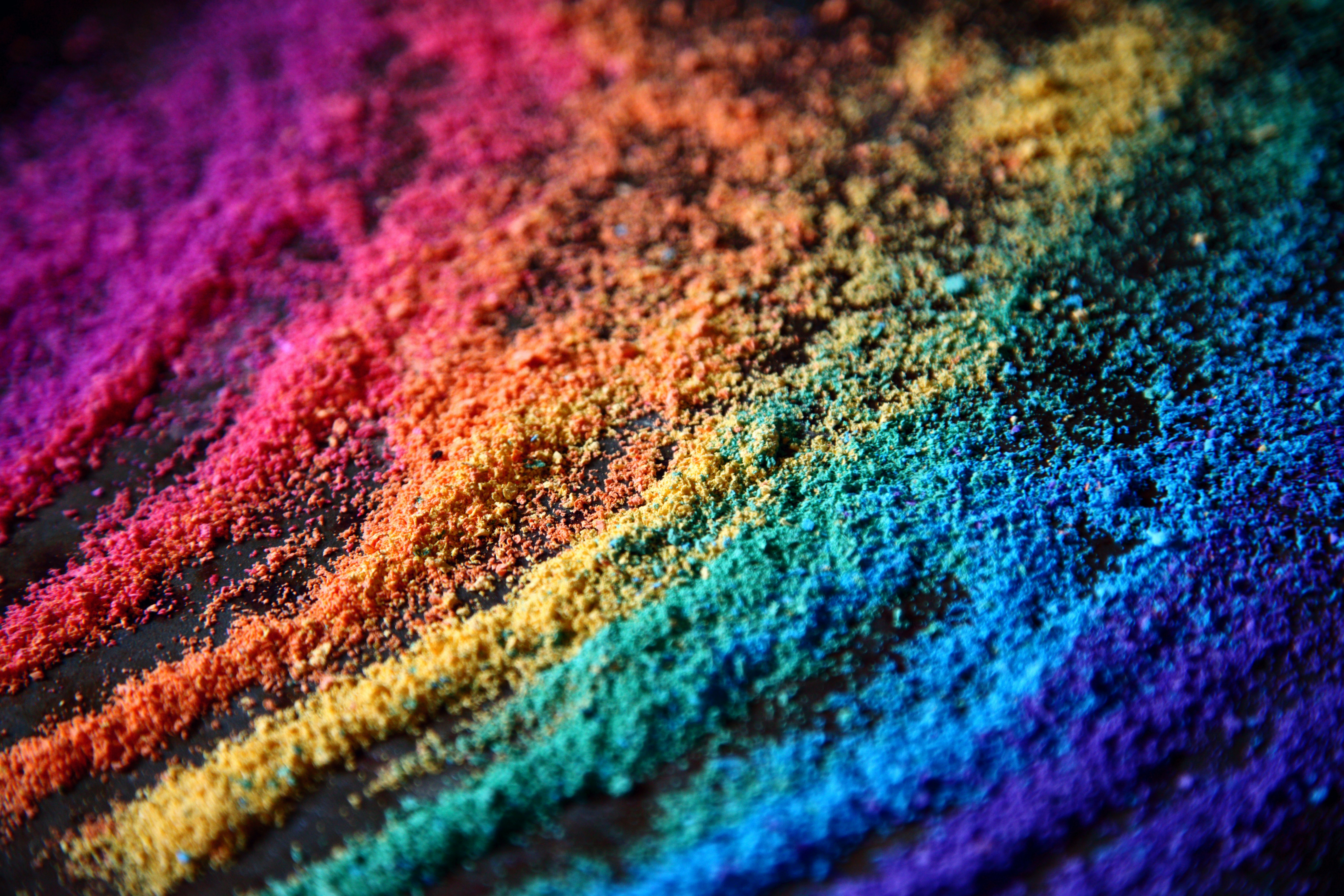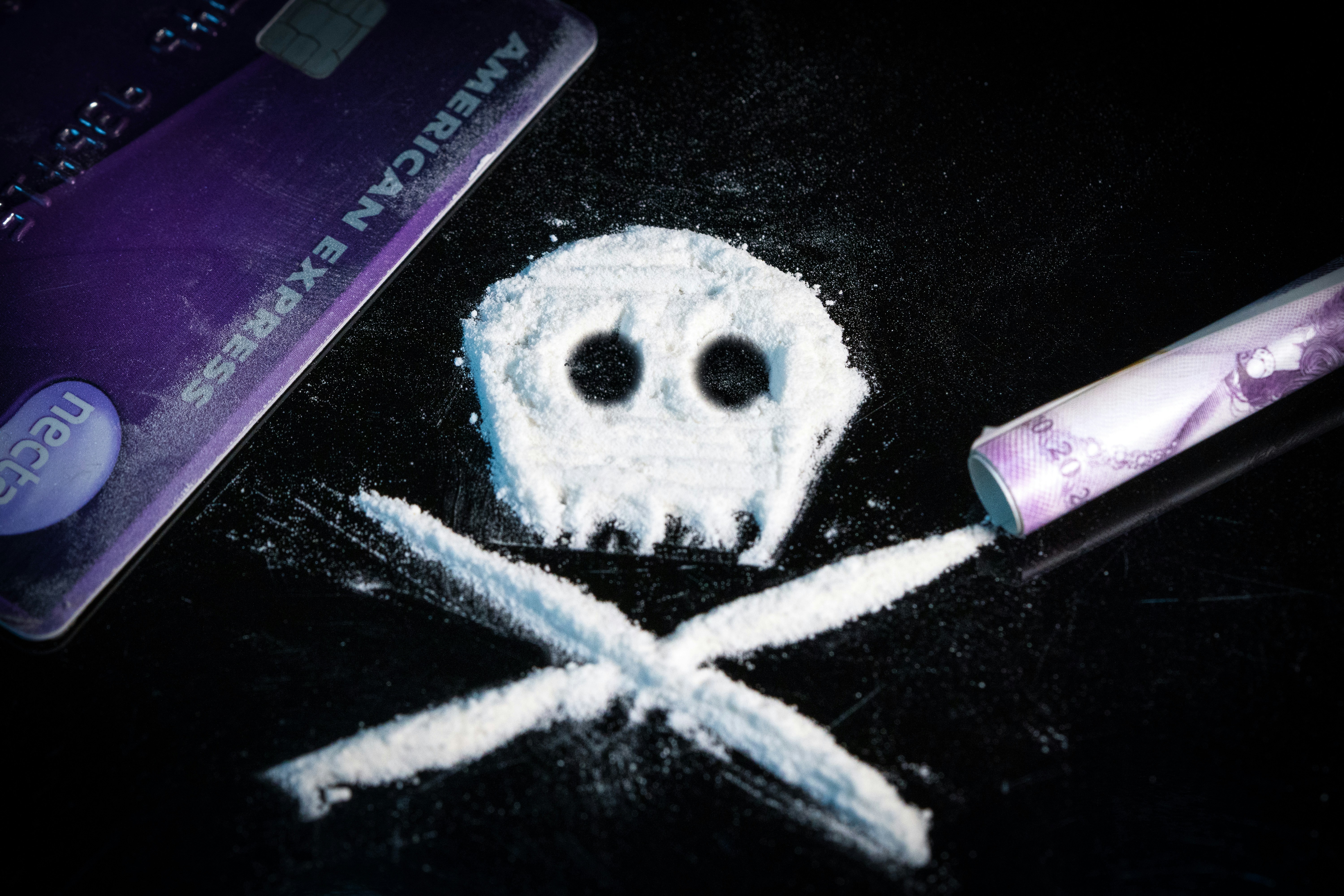Perhaps you use drugs occasionally, perhaps you have never used at all, or maybe you use often but “have it under control.” No matter your use, it is important to know if there are certain factors that make you more susceptible to developing an addiction so that you can better safeguard yourself against it.
Risk Factors
There are individuals who use drugs occasionally without becoming dependent or experiencing severe repercussions. Others, however, can become addicted after just one use. While it is impossible to determine who will and will not become addicted, there are certain risk factors that make you more prone to addiction.
Family history: Research shows that approximately 50 percent of the risk for developing drug dependence can be accounted for by genetic factors. Having a family member – particularly a parent –who struggles with addiction significantly increases your chances of developing one yourself.
Environment: Toxic relationships, easy access to drugs, and a lack of family support can all lead to addiction. A high-pressure work environment and financial trouble can also increase your risk for developing an addiction.
Mental health: If you struggle with mental health disorders such as anxiety, depression, PTSD, and bipolar disorder, you may find yourself tempted to self-medicate through drug use. And while they may provide temporary relief, side-effects of drug use include symptoms such as increased anxiety and depression, ultimately exacerbating your mental health disorder and leaving the individual in a never-ending, toxic cycle.
Age: Research shows that the younger you are when you first try drugs, the more likely you are to struggle with substance abuse later in life.
Most Addictive Drugs
You can develop a physical or psychological dependence to any drug, but certain substances are so addictive that you can get hooked on them after just one try.
Heroin: Heroin moves quickly to the brain and provides immediate feelings of euphoria. However, the intense rush is short-lived, leaving users craving more. Withdrawal symptoms can start just a few hours after the last dose, which also increases the frequency of individuals’ use. And because heroin significantly alters the brain, it is particularly difficult for individuals to discontinue use.
Crack Cocaine: Similarly to heroin, crack cocaine produces a fast-acting high. It’s believed to reach the brain in just eight seconds. However, its euphoric effects rapidly wear off, causing users to take more potent doses and increase their frequency of use.
Crystal Meth: The high experienced by first-time users is so powerful that it becomes hard-wired into the user’s memory, causing their brain to crave that feeling again. In an attempt to reach that initial euphoric state, individuals use more and more often.
Note: Aside from the potency of the drug and frequency of use, the method of delivery also impacts the likelihood of developing an addiction. Smoking and injecting drugs allows them to reach the brain more rapidly, increasing your risk of becoming dependent.
Signs You Are Struggling with Substance Abuse
There are several reasons why you may have started using drugs – perhaps it was to treat pain from an injury or to manage your anxiety, perhaps you were experimenting or gave into peer pressure and tried it at a party. Whatever your reason for starting, it is important to know that, for many, drug use can rapidly spiral out of control and morph into addiction. Recognizing when that line has been crossed can be difficult, but there are some red flags to watch out for.
Whether you are abusing prescription pills given to you by your doctor or using illicit drugs like heroin or fentanyl, addiction is a chronic disease that can be deadly if left untreated. Don’t wait until your use has gotten out of control or you have hit rock bottom to get help.
If you or a loved one is struggling with addiction, Mountainside can help.
Click here or call (888) 833-4676 to speak with one of our addiction treatment experts.

 By
By 






